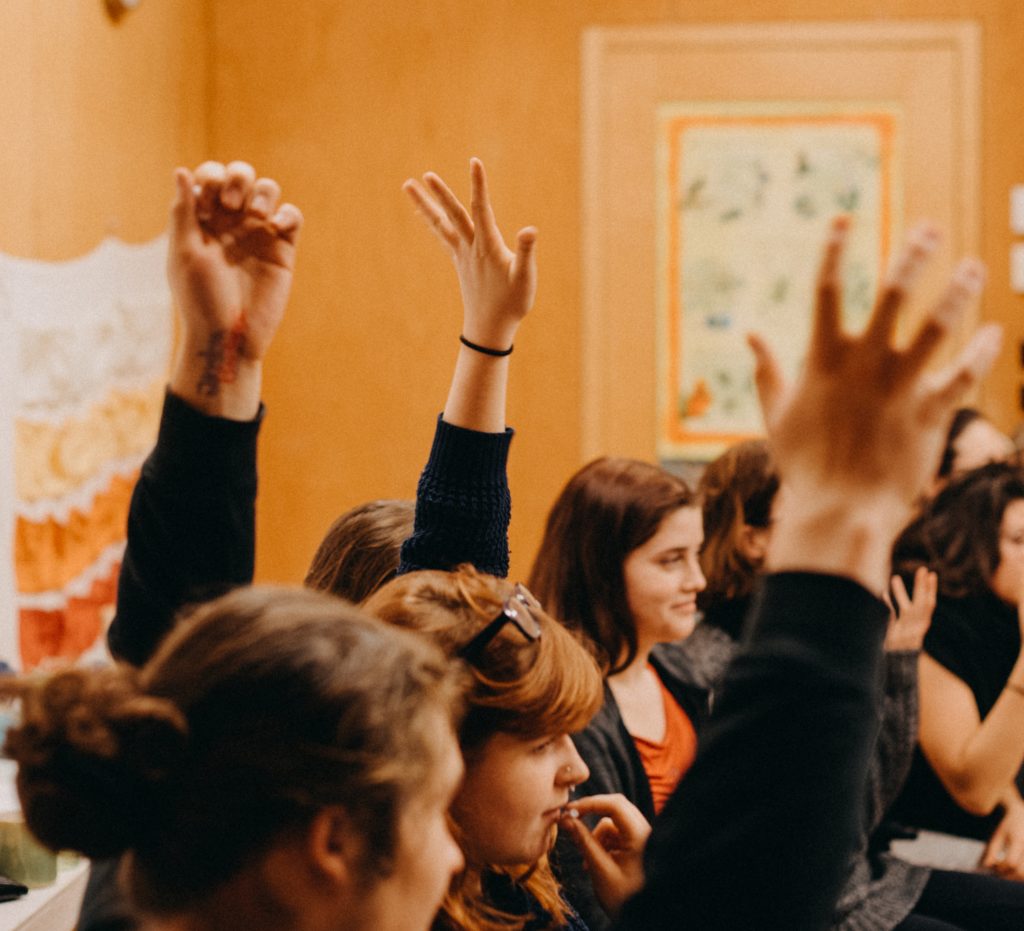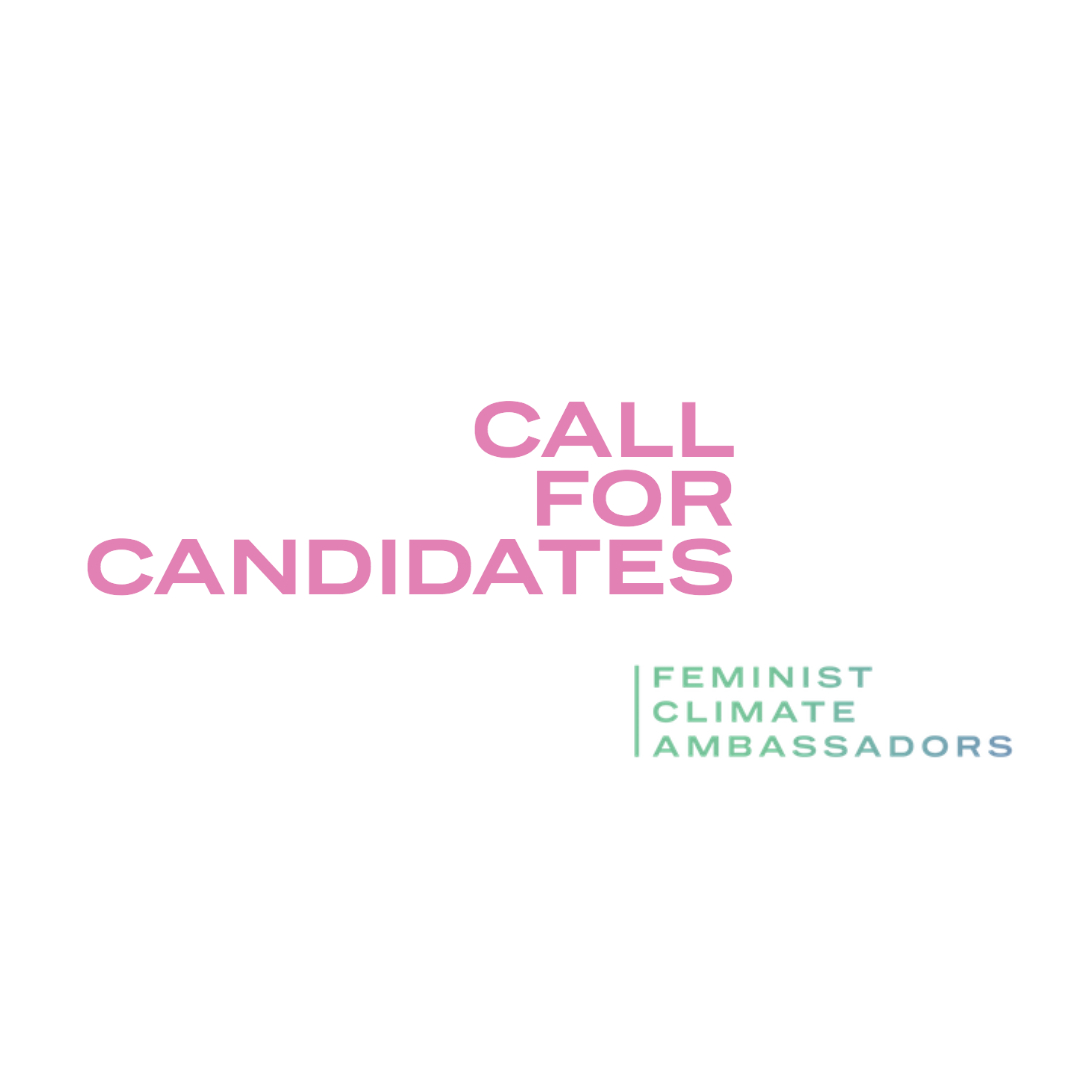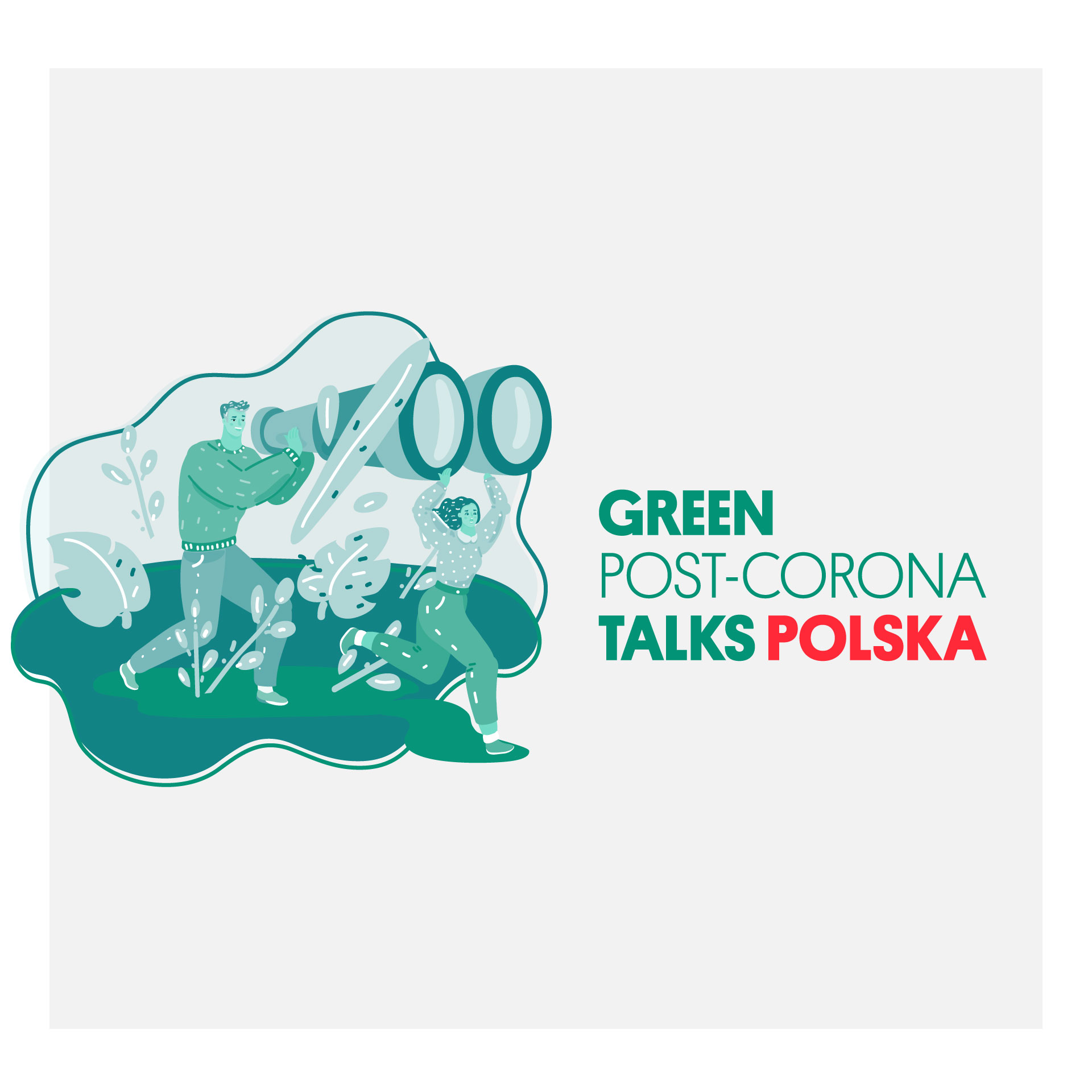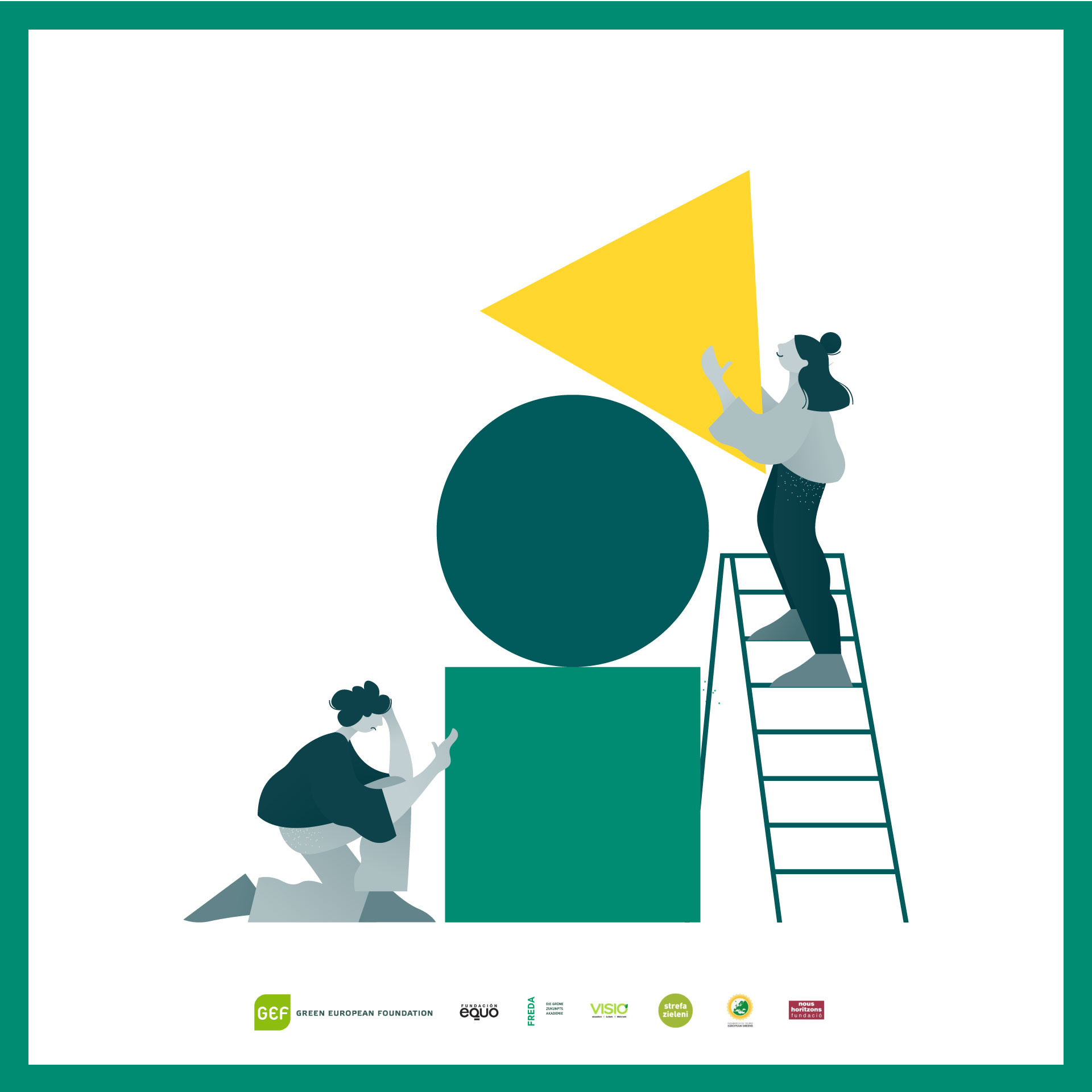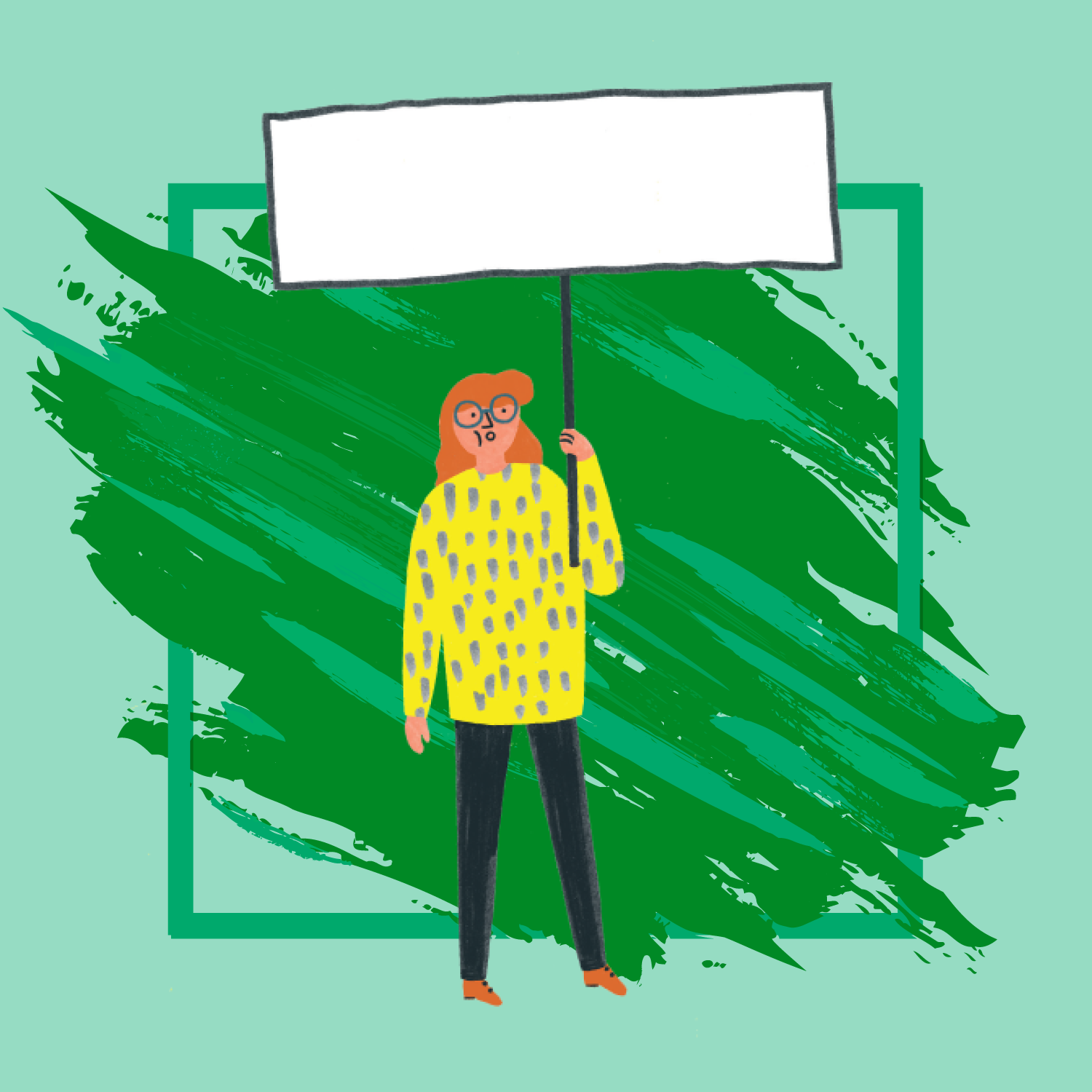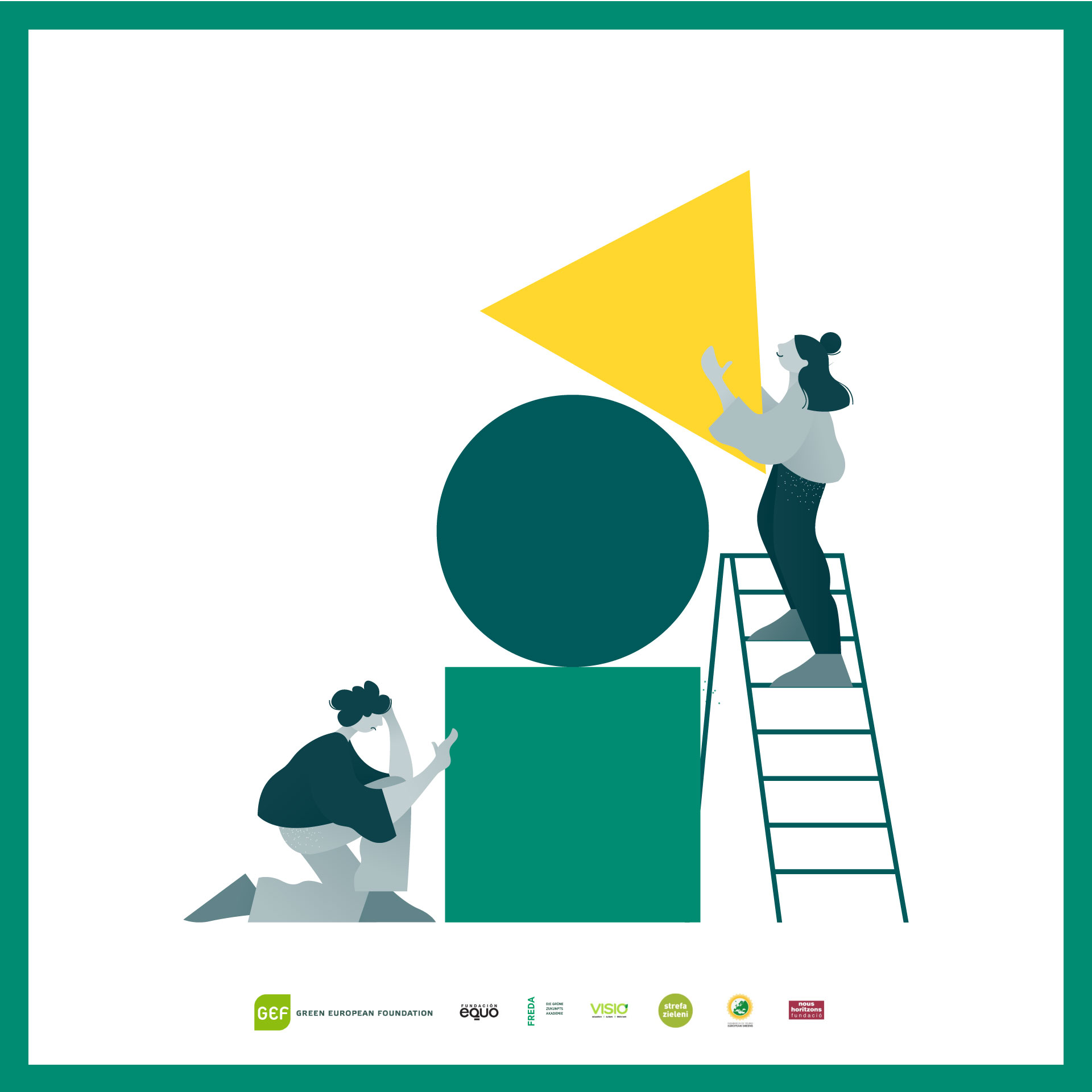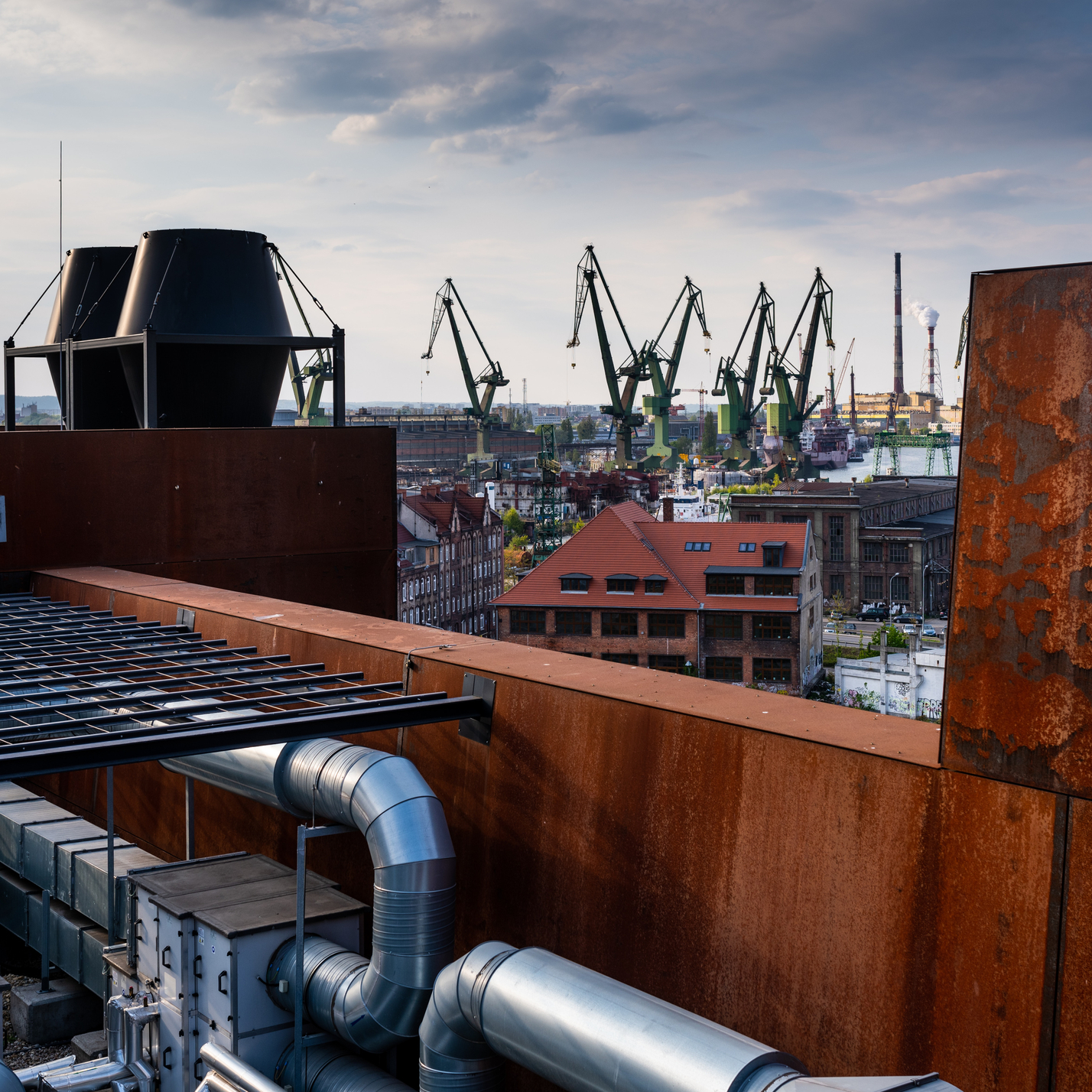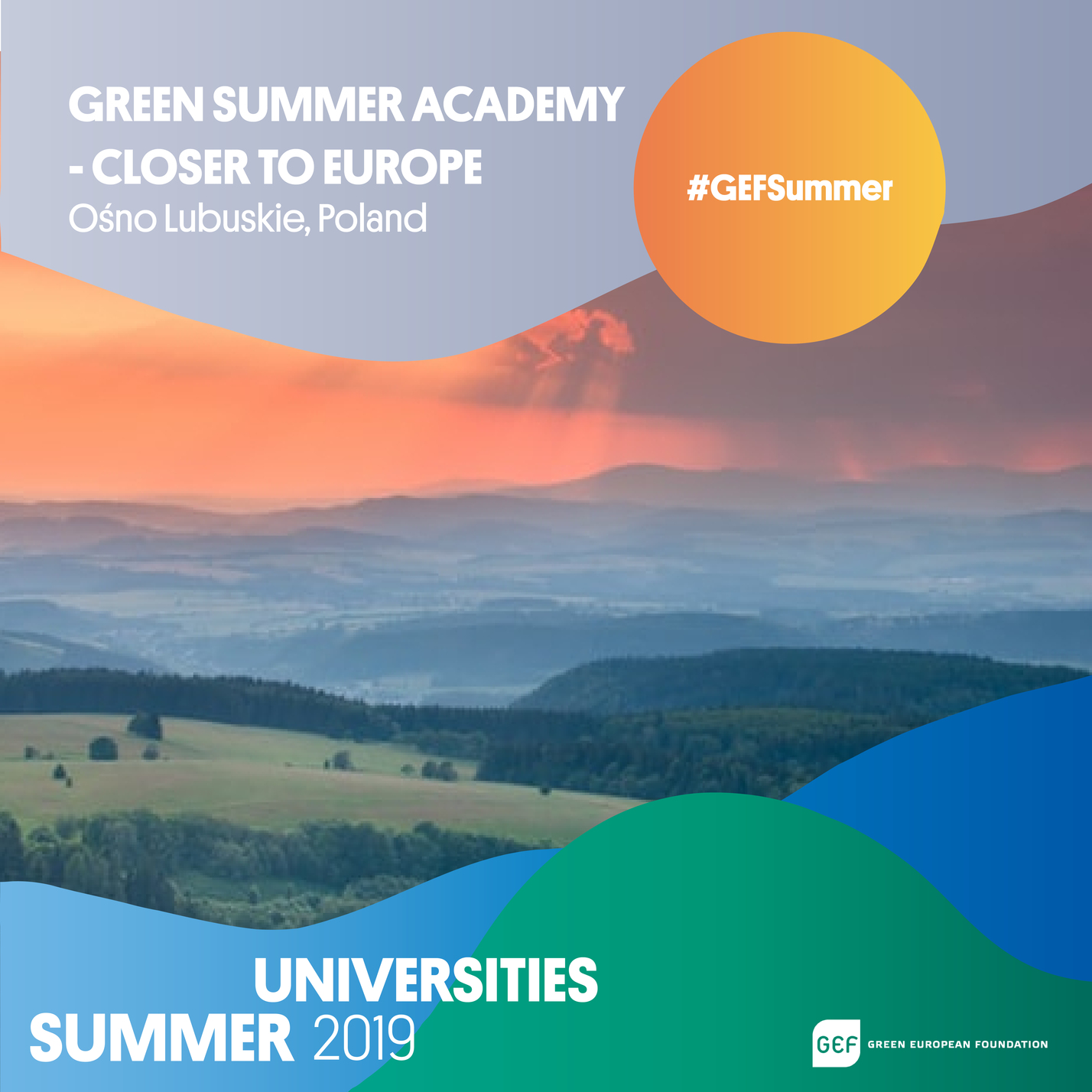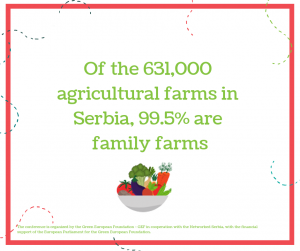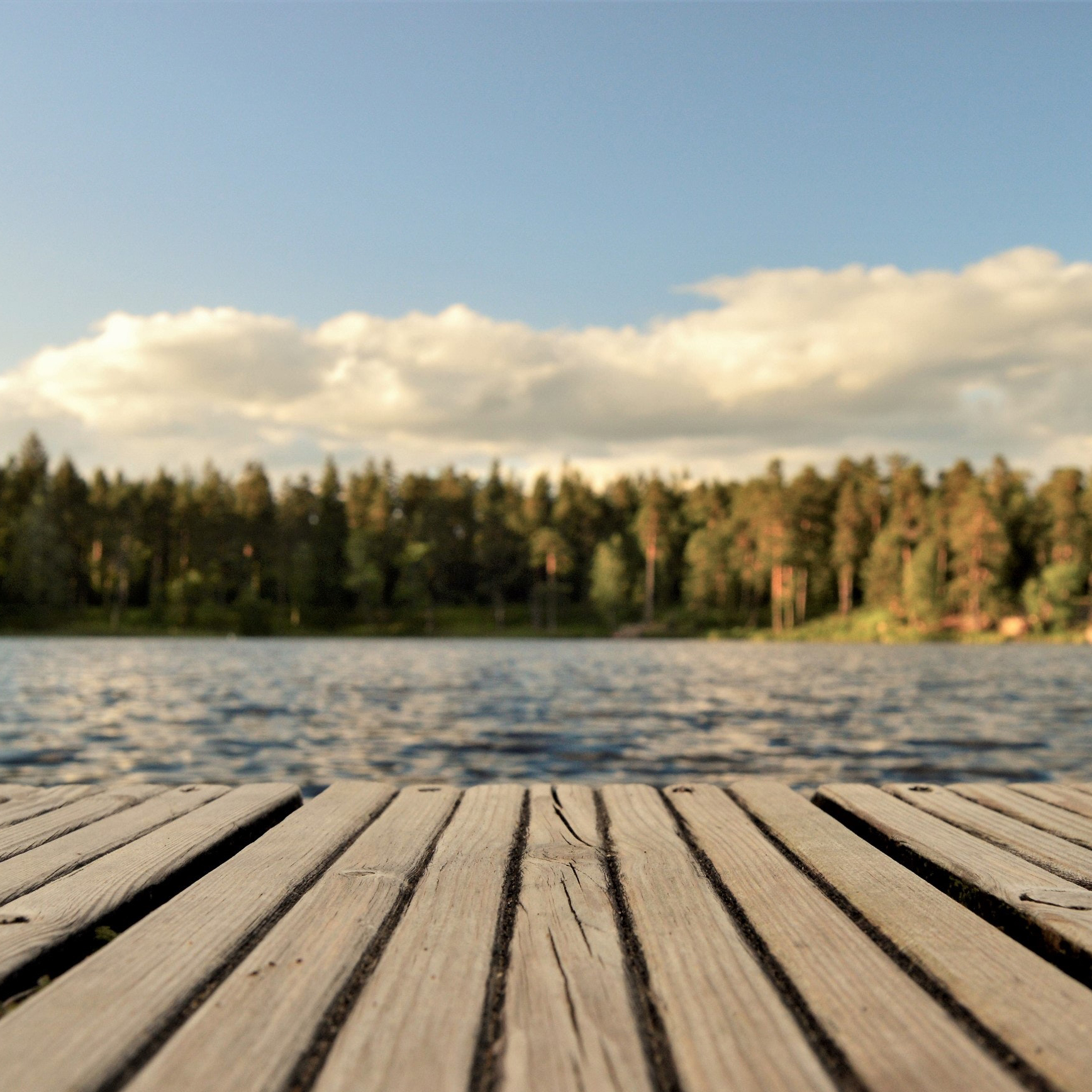About the Event
The fifth Green Summer Academy in Poland will take place 20km from the Odra River, a natural border between Poland and Germany, near the two towns on the both sides of the river: Słubice in Poland and Frankfurt / Oder in Germany.
The Academy is set against the new political reality following the European Parliament elections, in which the Greens became the fourth largest force in the Parliament. At the same time, right-wing and conservative, authoritarian forces were highly successful in Poland and Hungary.
In Poland, pro-democracy and European opposition are preparing for national parliamentary elections in October. On a global context, we are facing crises in the form of climate change, biodiversity extinction, natural resource depletion, pollution, growing inequalities and rising nationalism.
On the other end of the spectrum, we are seeing citizens mobilising across the world, with initiatives at every level rising to meet these crises. Now more than ever Poland and the rest of Europe needs a strong, coordinated Green movement.
This Academy will bring together activists, experts and politicians to exchange and discuss these pivotal issues and how to empower those wanting to enact change.
Programme
The details of the following programme are still to be confirmed. Please check back later for more information.
Information on the event in Polish can be found here.
11th of July 2019 – Thursday
14:00 PM- 16:00 – Arrival of participants and allocation in rooms or setting up tents
17:00 – 19:00 – Green Ośno Lubuskie, presentation of the Circle of the Greens and the specificity of the transborder city and region, including a meeting with Michael Kurzwelly, founder of the association and „city” Słubfurt and of Polish-German “state” New America (Zespół Szkół Ekonomicznych, Rzepińska 8)
16:30 – 18:30 – meeting of young people from climate movements and young Greens from Ostra Zieleń association with the international youth camp of the Association of Friends of Korczakowo (transfer by cars or by bu, departure at 16:15)
20:00 – diner of integration and presentation of the program and participating organizations (Zespół Szkół Ekonomicznych, ul. Rzepińska 8)
Possibility in the afternoon: nature expeditions: Owczary ecological station by the Club of Naturalists.
12th of July 2019 – Friday /plenary debates and lecture/
5:30 – 8:30 AM – Nature expeditions: Owczary ecological station by the Club of Naturalists.
8:00 – 9:00 – Breakfast
| 9:00 – 9:30 | Official Oppening of the Green Summer Academy – Ewa Sufin-Jacquemart (GEF / Strefa Zieleni ) and Irene Hahn-Fuhr (HBS Warsaw) |
| PART I | THE FUTURE OF EUROPE |
| 9:30 – 11:30 | “Does the Green Wave in the European Parliament give hope for facing a climate crisis, reduce inequalities and improve democracy in the EU?” – debate
[As part of the seminar “Towards Europe, democracy, ecology” in partnership with the Heinrich Boell Foundation in Warsaw] Participants: Małgorzata Tracz (Partia Zieloni), Sergey Lagodinsky (MEP), Zuzana Pavelková (FYEG), Miriam Kennet (Green Economics Institute), Jamie Kendrick (Green European Journal). Moderation: Maciej Słobodzian and Miłosława Stępień (Partia Zieloni) Participants that did not confirmed yet: Edwin Bendyk (Collegium Civitas), Alena Karaschinski (90/Grunen in Frankfurt/Oder, Christine Chemnitz (HBS). |
| 11:30 – 11:45 | Coffee Break |
| PART II | CLIMATE CRISIS AND ENERGY TRANSITION |
| 11:45 – 13:30 | “Saving the climate: energy transition necessary but not sufficient”- debate. Participants: Krystyna Boczkowska (ex-CEO Bosch Polska, Partia Zieloni), Radosław Gawlik (Eko-Unia, Partia Zieloni), Tomasz Wojciechowski (IGOZ, Partia Zieloni), Maciej Wereszczyński (Extinction Rebellion). Moderation: Piotr Trzaskowski (HBS Warsaw) and Urszula Zielińska (Partia Zieloni) Participants that did not confirmed yet: Michael Cramer (ex-MEP), Stefan Schönfelder (HBS Dresden), prof. Jan Popczyk (Silesian University of Technology) , Monika Sadkowska (RT-ON) |
| 13:30 – 14:30 | Lunch |
| PART III | BIODIVERSITY AND POLITICS |
| 14:30 – 16:15 | “6. Great Extinction – can Europe prevent it?” – debate Introduction: “Political protection of biodiversity in the world and in the EU” Participants: prof. Piotr Skubała (Silesian University), Radosław Ślusarczyk (Association Workshop for All Beings), Marcin Kostrzyński (journalist, naturalist), Iwona Krępic (Oder Delta Safaris/ Save Rivers Coalition), Artur Furdyna ( TPRIiG Association/ Save Rivers Coalition), prof. Grzegorz Gabryś (Univ. of Zielona Góra) Moderation: Marta Jermaczek-Sitak and Krzysztof Wychowałek Participant that did not confirmed yet: Zenon Kruczyński (Niech Żyją!) |
| 16:15 – 16:30 | Coffee break |
| PART IV | FAIR AND HEALTHY FOOD |
| 16:30 – 18:15 | “From the Common Agricultural Policy to the Common Food Policy” – debate
[debate within the international GEF project “Fair and Healthy Food”] Introduction: Olivier de Schutter Participants: Andrzej Nowakowski (expert GGEP), Katarzyna Jagiełło (Greenpeace), Ewa Jakubowska-Lorenz (HBS Warsaw), Dorota Metera (IFOAM/ Forum of Organic Farming), Francesco Ajena (IPES-Food, Skype], Agnieszka Makowska (Living Earth Coalition and Nyeleni), Aleksandar Gjorgijevski (Sunrise, Macedonia). Moderation: Ewa Sufin-Jacquemart |
| 18:15– 19:30 | Diner |
| 20:00 – 21:30 | „Passive and ecological architecture” – lecture of Jarosław Malicki, Green architect |
| 20:00 – 21:30 (salka debat) | „Delta of the Odra River, threteaned natural tresure” – lecture of Iwona Krępic [partnership: Save Rivers Coalition] |
16:30 – 18:00 – Marta Jermaczek-Sitak – ecological workshop for children and families (in Owczary nature station)
19:00 – 22:00 PM – Nature expeditions: Owczary ecological station by the Club of Naturalists
22:00 PM – Film or documentary screening (Afrikamera, Przemysław Stępień) + „Human Energy” ENG
Possibility of ad-hoc exchanges of knowledge and experiences in groups during the day.
13th of July 2019 – Saturday /parallel workshops/trainings/round-tables/debates/
6:00 – 9:00 – Nature expeditions: Owczary ecological station by the Club of Naturalists
7:45 – 9:00 – Breakfast
| Auditorium | Languages room | Workshops room | Debates room |
| 9:00 – 9:45 Odra and the World Bank – press conf. | 9:30 – 11:00 Platform of e-learning GEF – training | 9:30 – 11:00 Ekofeminism – roundtable | 9:30 – 11:00 Citizens’ Panel – lecture |
| 9:45 – 11:00 The Greens in the EU – Q/A |
| 11:15 – 13:00 Nuclear Energy – lecture | 11:15 – 13:00 Hunting – roundtable | 11:15 – 13:00 E-learning for climate movements – workshop | 11:15 – 13:00 Mobilty inside the UE – witnesses |
| 14:00 – 15:45 Ekonomy of sustainable development – panel | 14:00 – 15:45 Education – panel | 14:00 – 15:45 Electoral campaigning- training | 14:00 – 15:45 Water in a city – lectures/workshops |
| 16:00 – 17:45 Green city – roundtable | 16:00 – 17:45 Platforms and coalitions – roundtable | 16:00 – 17:45 Young climatic and green activism –workshop | 16:00 – 17:45 Security policy -panel |
- [Biodiversity] roundtable “Is hunting necessary and / or acceptable in times of the 6th Great Extinction?” – Niech Żyją! Coalition and Living Earth Coalition
- [Climate] workshop „Who are the new climate movements, how can the Greens support them? – [the concept of GEF e-learning for climate movements as incentive for green activists], led by Urszula Sadłowska, GEF
- [Water, rivers, wetlands]: Save the Rivers Coalition: “River in the city” – Roman Konieczny and arch. Anna Januchta-Szostak PhD. Eng. (Faculty of Architecture at the Poznan University of Technology). Led by: Izabela Zygmunt
- [Rivers] „The Oder River and the of World Bank to protect Kotlina Kłodzka from floods”(press conference, Save the Rivers Coalition) – Radek Gawlik, Ewa Leś, Sascha Maier/BUND
- [Gender] “Will ecofeminism change the world?” – workshop – led by Magdalena Galkiewicz (Partia Zieloni/Gals4Gals) and Aleksandra Kołeczek (Partia Zieloni/Ostra Zieleń)
[As part of the seminar “Towards Europe, democracy, ecology” in partnership with the Heinrich Boell Foundation in Warsaw]
- [Economy] “What does classic economics not include and how to compensate for sustainable development?” – debate
Dr Ewa Rumińska-Zimny (the Warsaw School of Economics / Congress of Women), dr Ewa Jastrzębska (SGH), Jamie Kendrick (Green European Journal), prof), prof. Bożena Ryszawska (University of Economy, Wrocław)
Moderation: Justyna Szambelan
To read: https://www.greeneuropeanjournal.eu/from-global-tax-dodging-to-worldwide-wellbeing/
- [Green city] “How to develop Green cities in a conservative-nationalist region / country?” – workshop, led by: Paweł Pomian (Partia Zieloni Wrocław) and Aleksandra Zienkiewicz (miastoDrzew, Wrocław).
- [Civil democracy] “How to organize effective coalitions, platforms and movements? How to make them cooperate for achieving common goals?”- with representatives of the Coalition Living Earth (KŻZ) – Maria Staniszewska, Justyna Zwolińska, Save the Rivers Coalition – Izabela Zygmunt, Ewa Leś, coalition Niech Żyją! – Tomasz Zdrojewski, Krzysztof Wychowałek, young climate movements. Led by Ewa Sufin-Jacquemart
[
As part of the seminar “Towards Europe, democracy, ecology” in partnership with the Heinrich Boell Foundation in Warsaw]- [Climate/ young in politics] “How to attract young people to Green activism?” – workshop with Ostra Zieleń –Joanna Górska, Igor Skórzybut, and participants from young climate movements (Alina Pogoda and Maciej Wereszczyński from Extinction Rebellion and others). Led by: Artur Wieczorek and Aleksandra Kołeczek (Partia Zieloni)
- [security] “What should be Europe’s and Poland’s security policy in today’s unstable world?” – panel
Participants: Tadeusz Nowak (Partia Zieloni), Piotr Niemczyk, Weronika Grzebalska (Polish Academy of Science). Led by: Maciej Józefowicz (Partia Zieloni)
- [education ] “How to educate people in rapidly changing times full of challenges?” – panel
Piotr Działak (Center for education Tvind, Danmark), Krystyna Boczkowska (Partia Zieloni), Urszula Sadłowska (GEF). Led by Aleksandra Kretkowska (Partia Zieloni)
- [mobility in EU] „How to move to another country in the EU and actively participate in public life?” – panel : Joanna Kamińska, Ecolo, Brussels and Anna Czechowska, Agit-Polska, Berlin, led by: Urszula Zielińska (Partia Zieloni)
Expert lectures / training sessions:
- [civil democracy] “European citizens’ panel – utopia or the necessary evolution of direct democracy?” – Marcin Gerwin
- [Energy] “Why the Greens don’t see nuclear power as a climatic hope?” – Marcin Harembski (SMA) and video of experts of the GGEP: Yan Dupas, David Drui, Michel Raquet.
- [Green methods] „Green electoral campaign”– Maciej Słobodzian
- [Green tools] We get to know the green e-learning platform https://www.mygreenlearning.eu/ – GEF
- [Green family] Questions and answers on the European Parliament and the European Greens – Benedetta de Marte, political councillor in the Greens/EFA group in the EP.
11:15 – 13:00 – Marcin Kostrzyński – Meeting with nature (for children and families) (tbc.)
18:00 – 19:00 – Marcin Kostrzyński – Meetings with nature (for the participants of the GSA) (tbc.)
19:00 – Dinner
19:30 – 22:30 PM – Nature expeditions: Odra river and/or National Parc Dolina Ujście Warty
Possibility of ad-hoc exchanges of knowledge and experiences in groups during the day.
22:00 PM – Film or documentary screening (Afrikamera, Przemysław Stępień) + „Human Energy”
14th of July 2019 – Sunday
6:00 – 9:00 AM – Nature trip
9:00 – 10:00 – breakfast
10:00 – departure of the bus to Warsaw, on the way : River happaning „Big Jump” (International Day of Action)
Practicalities
Accommodation:
Accommodation partly subsidised (reduction included in the participation fee):
• Double and triple rooms: Hotel Dolina Leśnna, ul. Dolina Leśna 1, Ośno Lubuskie (for 70 people)
• Single and double rooms: Hotel Malinowy Dworek, ul. Gronowska 6a (for 14 people)
• 4-bed rooms with bunk beds: dormitory of Zespół Szkół Ekonomicznych ul. Rzepińska 8 (10 rooms for 40 people, each room shares the bathroom with residents of one tent)
• Space for 10 tents: the green area of Zespół Szkół Ekonomicznych ul. Rzepińska 8
Please note that the deadline for securing subsidised accomodation is 7th July.
Other possibilities:
Other options of accommodation in Ośno Lubuskie: camping, agrotourism, hotels.
There are more accommodation options in Frankfurt (Oder).
Participation Fees:
The full fee of PLN 500 should be paid by bank transfer to the account of Fundacja Strefa Zieleni. Transport to and from the event from Warsaw is also available for an extra PLN 100.
66 1020 1097 0000 7602 0237 0450, title: ‘Green Summer Academy participation fee’
(from abroad: IBAN: PL66 1020 1097 0000 7602 0237 0450, Swift/BIC: BPKOPLPW)
To make the event accessible to everyone, a lower participation fee is possible in certain circumstances. To enquire about this possibility, please contact Ewa Sufin-Jacquemart: +48-664673700 ewa.sufin@strefazieleni.org
Food:
Vegetarian and vegan meals (partly subsidized, reduction included in the participation fee): in the dining room of Zespół Szkół Ekonomicznych, ul. Rzepińska 8
In hostels there is a possibility to buy breakfast on your own (PLN 20).
Transport:
Collective transfer by autocar from Warsaw (departure on Thursday, 11.07 at 9:30 AM from the Palace of Culture and Science, return on Sunday, 14.07 at approx. 4:00 PM at Palace of Culture and Science), price: 50 PLN / person for one direction.
Train: The nearest railway stations: Rzepin 14 km (we will organize a transfer), Frankfurt (Oder) 30 km (we will organize a transfer), but there is also a possibility of travel by bus through Słubice.
Plane: Berlin airports, then by train to Rzepin or Frankfurt / Oder
From other cities in Poland, we will cross-link people who will arrive by car with people who are looking for transport.
People with accommodation in hotels: bikes would be useful (we recommend to get by train to Rzepin and then by bicycle to Ośno Lubuskie; a few bikes could be probably transported from Warsaw; some bikes will be made available to participants by local participants).
Registration
Please register for this event via the form found here (in Polish).
To register your interest in taking part in this event in English, please contact:
GEF project coordinator Urszula Sadlowska +32 (0)2 234 65 70 urszula.sadlowska@gef.eu
Event partner Ewa Sufin-Jacquemart +48-664673700 ewa.sufin@strefazieleni.org
The Green Summer Academy “Closer to Europe” is organized by the Green European Foundation with the support of the Fundacja Strefa Zieleni, with the financial support of the European Parliament to the Green European Foundation.
The seminar “Towards Europe, democracy, ecology” is organized in cooperation and with the finantial support of the Heinrich Boell Foundation in Warsaw.
Debate on transition of cities towards the Commons is organized as a part of international project “Creating Socio-Ecological Societies through Urban Commons Transition” by the Green European Foundation with the support of the Fundacja Strefa Zieleni, with the financial support of the European Parliament to the Green European Foundation.
